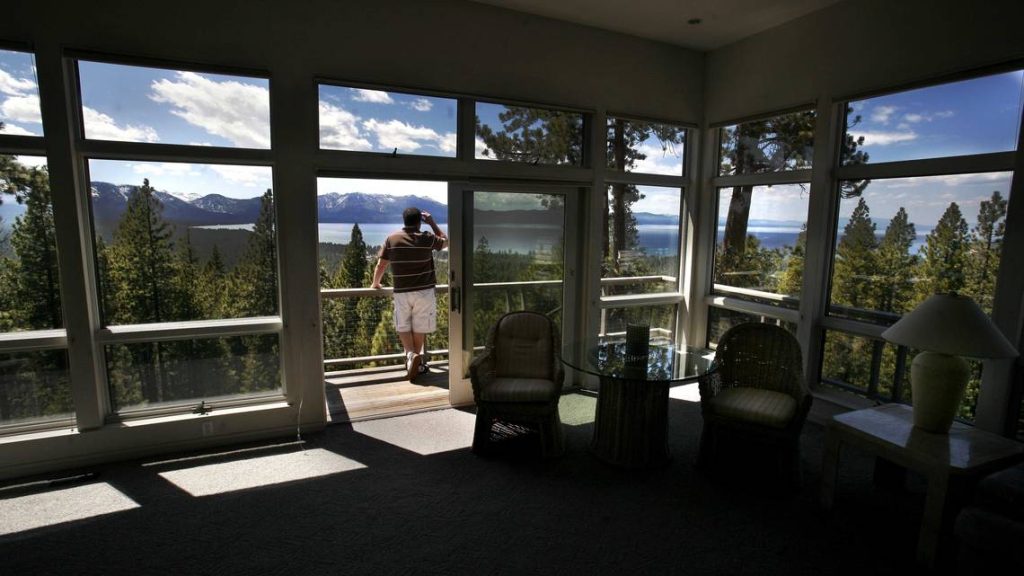It's the start of travel season and people across the country are booking hotels, rentals and vacation options.
But like any other industry, there are scammers waiting to take advantage of consumers. According to the FBI Internet Crime Reports for 2022 And 2023more than 20,000 people have been victims of real estate scams.
It is important to protect yourself when traveling. Here are some red flags about online rental options to consider when booking, with tips for Forbes AdvisorTHE Federal Trade Commission, Navy Federal Credit Union and the American Education Fund PIRG.
Red flags on vacation rentals
You can avoid headaches later by avoiding rentals with certain red flags when browsing your options online. You can catch some from the list itself and others by interacting with the host.
When browsing the list, look for:
▪ Prices are too good to be true
If the rental rate does not match the average range of the ad, the ad may not be legitimate. If you find a rental with lots of amenities, multiple bedrooms, and bathrooms in a great location, but for a significantly lower price per night than other great options, it might be wrong.
▪ Poor quality photos
If photos are grainy or peculiar, they may be copied from other listings or properties. If this seems suspicious, use google to reverse image search the photos of the ad. If they appear elsewhere, unrelated to rental opportunities, it could be a false ad.
You should also look carefully at the details. AI photos have made their way into rental listings and could also be used for vacation properties. Examine furniture, exterior photo backgrounds, and pattern inconsistencies to detect AI photos.
▪ Suspicious reviews
Check the reviews. If they seem robotic or too repetitive, they may be spam reviews intended to boost SEO.
Red flags from vacation rental owners
Sometimes speaking with the host or owner can reveal the fraudulent nature of a listing. Here are some red flags to watch for during a conversation.
▪ Payment on another platform
Mainstream vacation rental sites like Airbnb and Vrbo have secure payment portals. It's a huge red flag for a host to demand payment on another platform like Venmo. It's much harder to get your payment back this way. Same with cryptocurrencies, cash on site or gift cards.
▪ Rushing
Landlords should never pressure you into making a decision or sending money. If you feel a sense of urgency or a sob story, it could be a scam.
▪ Personal informations
Hosts should not ask for personal information unrelated to the reservation. Do not give out your bank account information, social security number or other information.
▪ Last minute changes
If you're booking a vacation rental, be skeptical if you get a last-minute change from the host. Make sure they cancel the original reservation. If you cancel, you will likely be charged additional fees. Find an alternative through the rental platform: support services can help you with last-minute changes.
▪ To ask questions
If you are skeptical about a listing, you can ask a few questions to test its legitimacy. Ask them about the area, places to eat near the listing, and distance to specific entertainment or leisure options. Check the accuracy of their answers to see how familiar they are with the area. Ask for additional photos that aren't listed, as scammers will eventually run out of suitable photos.
If you believe you have found a fraudulent ad, you should report it to local law enforcement, the website containing the ad, the state attorney general, and the FTC.
This story was originally published May 17, 2024, 11:31 a.m.



